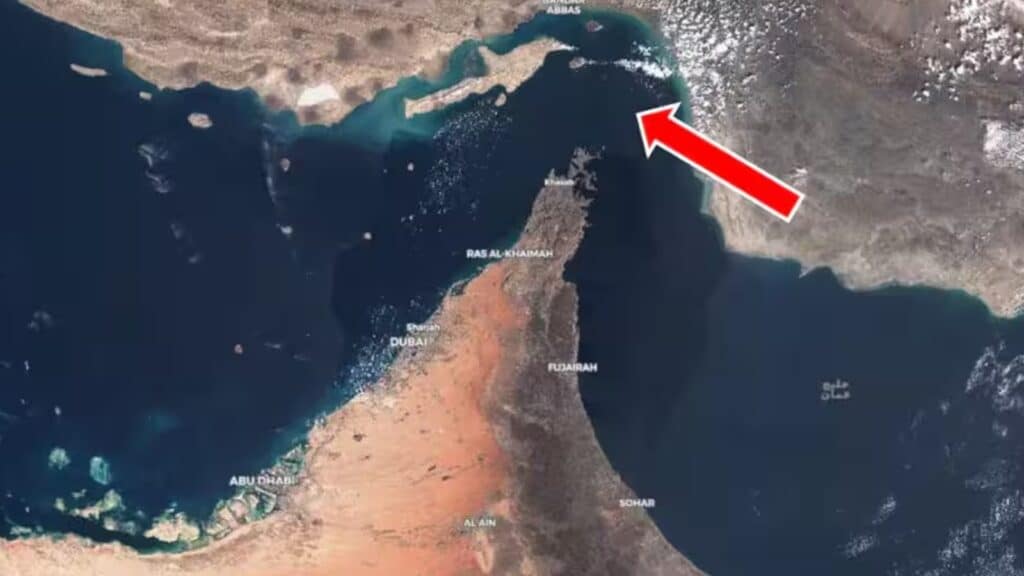The Strait of Hormuz — a narrow maritime passage nestled between Iran and Oman — is once again at the center of global anxiety, as rising tensions between Iran, the United States, and Israel threaten to disrupt the world’s most critical oil chokepoint.
Following President Donald Trump’s unprecedented decision to bomb three Iranian nuclear sites, fears of retaliation have surged. Among the most alarming possibilities is Iran’s threat to close the Strait of Hormuz — a move that could shake the foundations of the global energy market.
A Global Artery for Oil
The Strait of Hormuz is only 33 kilometers wide at its narrowest point, yet its impact on the global economy is immense. Roughly 20 million barrels of oil — more than a fifth of the world’s daily consumption — pass through the strait each day, along with large volumes of liquefied natural gas.
The route is vital for the energy exports of key Gulf nations, including Saudi Arabia, the United Arab Emirates, Iraq, Kuwait, and Iran itself. Much of this oil is destined for energy-hungry markets in Asia. Any disruption here could send shockwaves across global markets, drive up oil prices, and cause inflation in both developed and developing economies.
Iran’s Strategic Leverage
Iran has long viewed the Strait as a point of strategic leverage. In the wake of recent US-Israeli airstrikes, Iranian lawmakers reportedly passed a resolution to close the strait — though the final decision lies with the country’s top leadership. While Supreme Leader Ayatollah Ali Khamenei has not specifically referenced the Strait, he has warned that Israel’s actions “must be punished.”
Experts believe any closure attempt would involve sea mines, fast patrol boats, submarines, and drone warfare. Iran possesses thousands of sea mines, including advanced Chinese-made EM-52 models that detect and destroy passing ships. But such a blockade would almost certainly provoke a swift and severe response from the US Navy, which maintains a strong presence in the region through its Fifth Fleet based in Bahrain.
Global Stakes
A closure would not only hurt the West but also inflict severe damage on Iran and its allies. Iran’s own oil exports rely on the Strait and shutting it down would strain its economic lifeline — particularly its trade with China, which purchases nearly 90% of Iran’s sanctioned oil exports.
China, heavily dependent on energy from the Gulf, has been urged by US Secretary of State Marco Rubio to diplomatically dissuade Tehran from taking such action. “It’s economic suicide for them if they do it,” Rubio warned.
Already, early signs of disruption are emerging. Several supertankers have reportedly altered course to avoid the high-risk zone.
A Narrow Passage, A Wide-Reaching Impact
As the region braces for what comes next, the global community is watching closely. The Strait of Hormuz may be a narrow waterway, but its importance to the world economy is vast. Any attempt to block it would not only escalate military conflict but also plunge global markets into chaos — a stark reminder of how a single stretch of water can hold the world in suspense.





